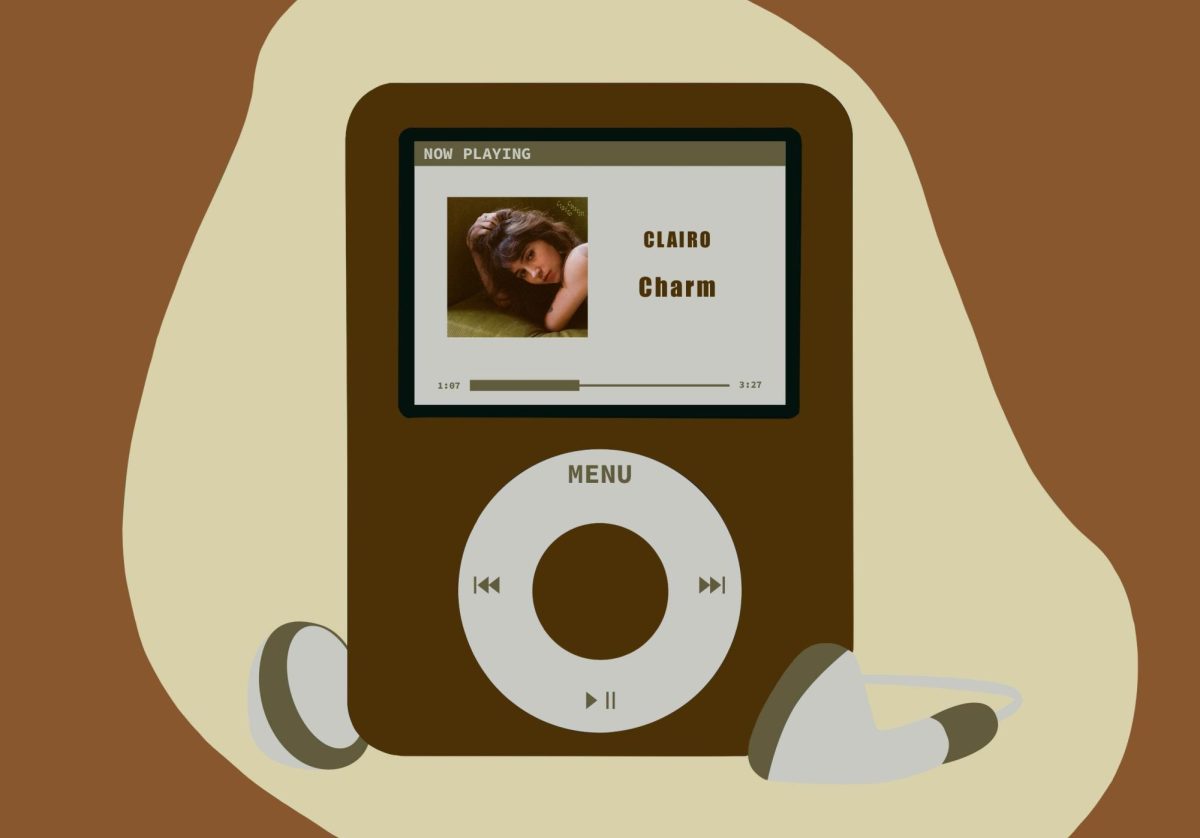All right, it’s been two weeks.
Can we now finally have a serious discussion about this thing called “Star Wars”?
The fans have had their chance to see the Sith do their revenging a few times now, wasting six, nine or 12 hours in the process. The curious have fulfilled their obligation in consuming the mass-market dish of the week.
But as the buzz dies down and the world realizes there is still a Michael Jackson trial to be obsessed over, can we finally acknowledge that this soap opera stands as a cultural, economic and artistic phenomenon all its own?
The biggest mistake people make in discussing “Star Wars” is to treat it as a movie. Oh no, this is by no means just a strip of celluloid running through a projector. This is an empire, a franchise, a universe occupied by its own unique set of expectations and constraints.
To peer through the looking glass at what lies beneath this haze of euphoria and rhetoric is to recognize just what “Star Wars” means in terms of not only cinema, but the world in which it was constructed.
The decay of pop cinema
To view the first “Star Wars” trilogy followed by the second is to encounter naive idealism followed by its deformed alter ego.
The first trilogy was overflowing with creativity and the burgeoning sense of something new. It elevated, as one critic observed, pop culture to the level of pop art – a trend that would continue with the likes of “Raiders of the Lost Ark” and even decades later with the first Tim Burton “Batman” film.
It used such things as fantasy and special effects in the service of a larger melodrama that made silliness into something serious.
They didn’t use ray guns, but sophisticated lightsabers. They didn’t have force fields, but learned how to meditate and control the “Force.”
Now flash forward to the post-“Jurassic Park” world of 1999.
Yes, “The Phantom Menace” might still register as fantasy, but the liberating qualities have been stripped away. That Force and those lightsabers, which made the 1977 story something greater, have been replaced by a complete universe of artificiality that has left things feeling simply sterile.
While “Episode III” is a small step forward, it still feels soulless. Like Darth Vader, it is more machine than human.
Director George Lucas’ epic vision, which originally took humans to brand new places, has now confined them to blue screens and digital interactions.
Reality crashes the party
The far more interesting topic to broach, though, is one of politics. While Lucas’ five prior visions acknowledged the real world, they also existed relatively free of political commentary.
The very first “Star Wars,” in 1977, could actually be interpreted as the welcome return to the escapism that Richard Nixon and the Vietnam War made impossible. It was an idealized ode to good triumphing over evil and heralded the return of movies with rosy imaginations.
Further, in 1980, 1983, 1999 and 2002, Lucas avoided blatant commentary or overt observations of the present.
Yet, here, in 2005, “Revenge of the Sith” bursts at the seams with timely and scathing comments about democracy, empires and unmistakable tyranny.
The Jedi, you might notice, are suddenly transformed into futuristic insurgents. And the emperor, who brings “peace” to the universe through force, is not-so-subtly compared to President George W. Bush himself.
In some sense, it is the chapter in which “Star Wars” finally grows up, acknowledging that the joyride is over and a disintegrating world of terror alerts, intolerance and divisiveness is waiting just outside the theater doors.
Really, it’s unmistakable: From dehumanizing special effects to this timely commentary, “Star Wars” is no longer the naive trifle it once was.
We can only hope that cinema, and this angry planet, can find its way back to those better days – or, to use “Star Wars” terms, once again find “a new hope.”
















